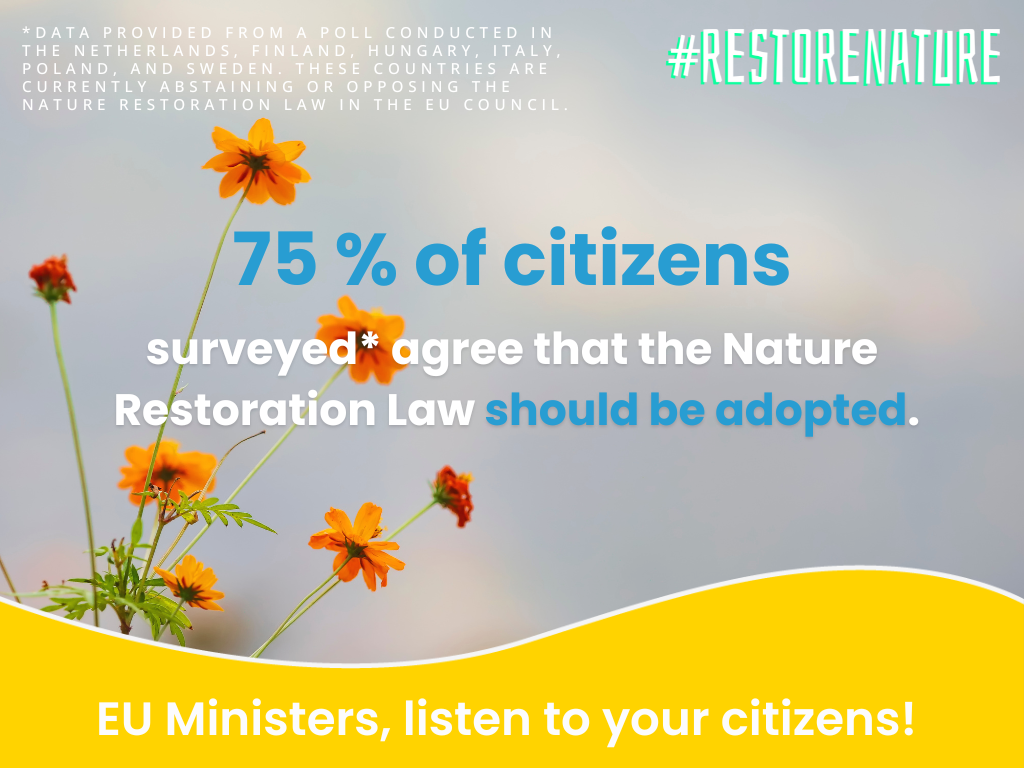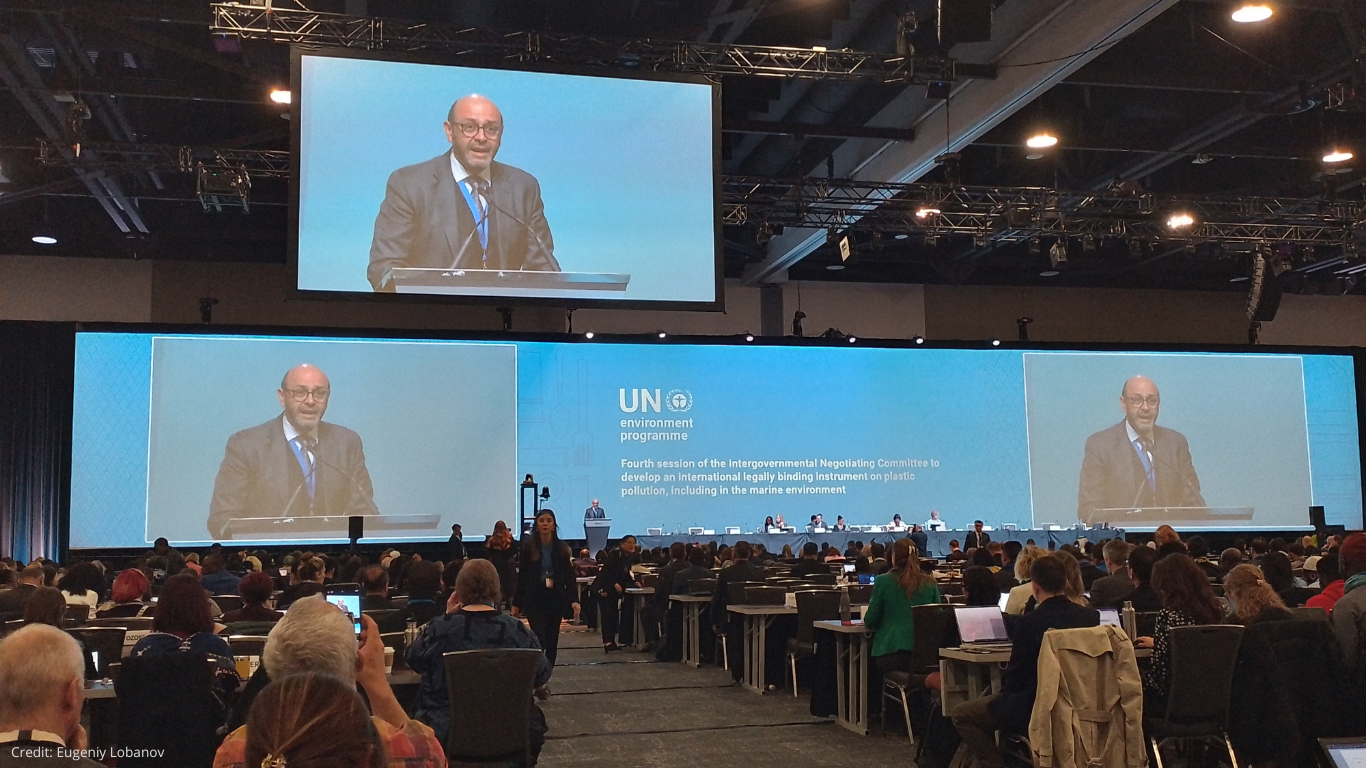“#NonHazPlasticDiet” campaign
Plastics and the Hidden Threat to your Health
CCB has joined the campaign “NonHaz Plastic Diet” which starts today and will be running for 6 weeks under the project NonHazCity2.
Plastics and the additives they contain are everywhere in our daily lives. They are in our homes, our workplaces, our clothes and our bodies. Plastics are everywhere because they are convenient and they are cheap. Chemicals are added during manufacturing to give desirable properties such as flexibility, durability and flame resistance. However, this convenience comes at a cost. Chemical additives in plastic items and articles can leach out over time harming you, those around you and the environment.
Some of the substances added to plastic to make it useful are chemically similar to the hormones in our bodies that control hunger, weight gain and most other biological processes. Alarmingly, these chemicals, known as endocrine disrupting chemicals or EDCs, are also similar to the hormones which control development of unborn and young children. We get exposed to EDCs through the air we breathe, the food we eat, the water we drink and the things we touch. In today’s world, there is no way we can completely avoid EDCs but through some smart life choices, we can reduce our exposure.
Almost all plastic contains one or more additives, but not all additives have EDC properties. Regulators work with industry to phase out additives with known EDC properties but replacements are not necessarily entirely safe. Furthermore, we as consumers do not have easy access to information about which additives are in which items and articles and scientists have not yet studied the EDC properties of all potential additives.
Despite this lack of knowledge, there are a number of ways we can reduce our exposure to the potentially harmful substances in plastics.
In the campaign, the focus will be on five areas:
- Textile – The risk on our skin!
- Sport utensils & bathing tools – Play safe!
- Home accessories and decorations – Surrounded by plastics
- Toys – Invisible danger for our little ones
- Food contact material – Detox your kitchen!
- Bioplastic – Solution or Greenwashing
These areas are potentially significant sources of EDC exposure and there we can take concrete actions to reduce our exposure, for our health and for the environment.
The last topic will be bioplastic. Today, almost all plastic is produced by refining fossil fuels. In some cases, alternatives exist, which are based on plant materials such as bioplastics, or cotton instead of synthetic cloth. These alternatives may be more climate friendly than products made from fossil fuels, but many of them have the same problems as traditional plastics. They can contain EDC additives and may be difficult to recycle.
Change is not always easy but it is possible. The aim of this campaign is to give new ideas and knowledge not only to protect our health, but the health of those around us and the environment.


